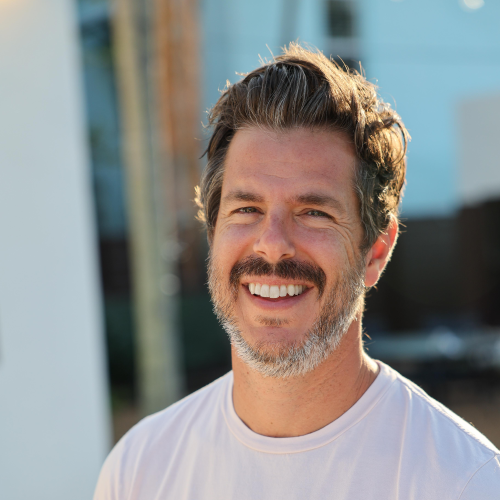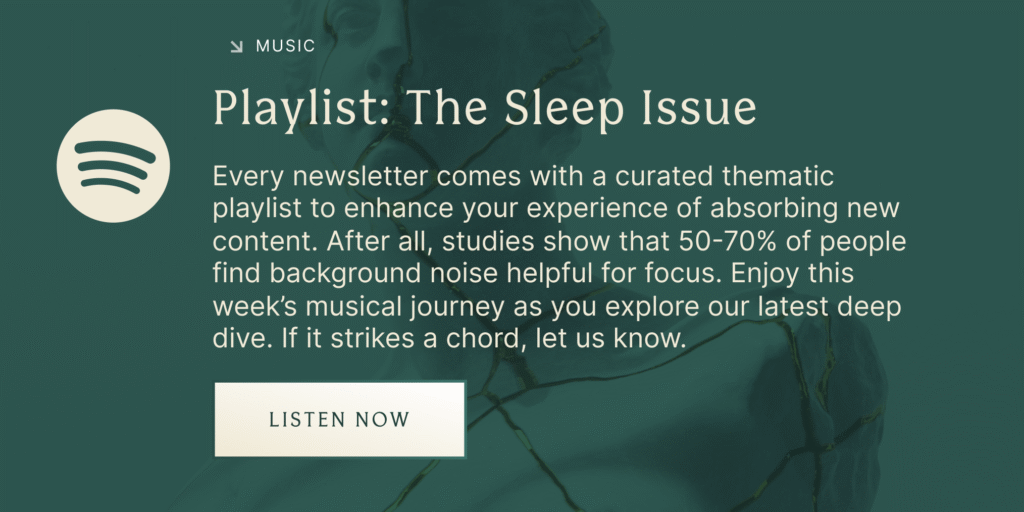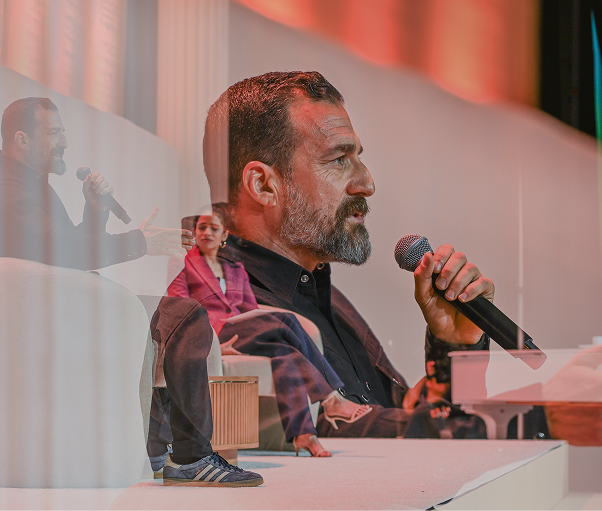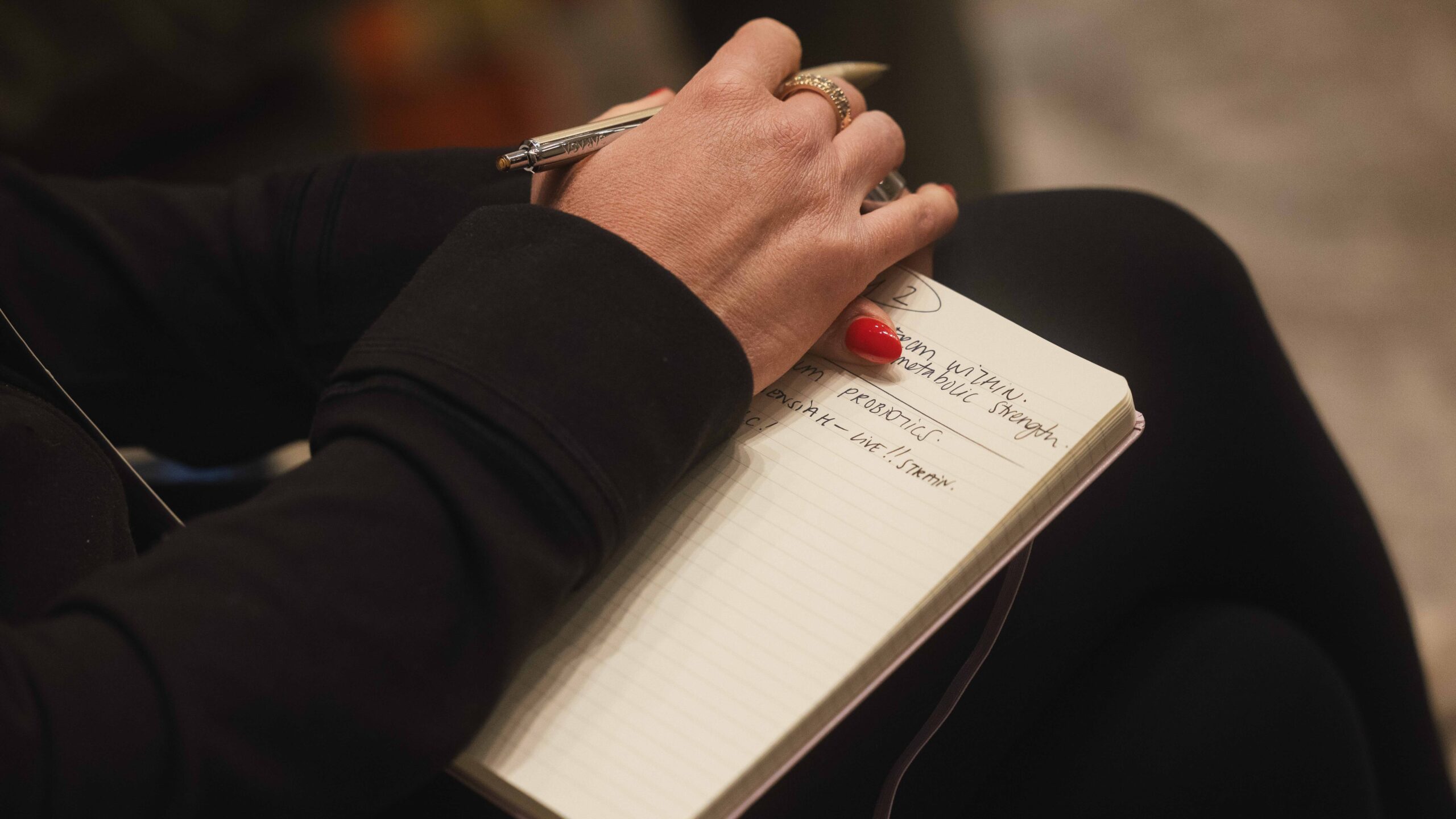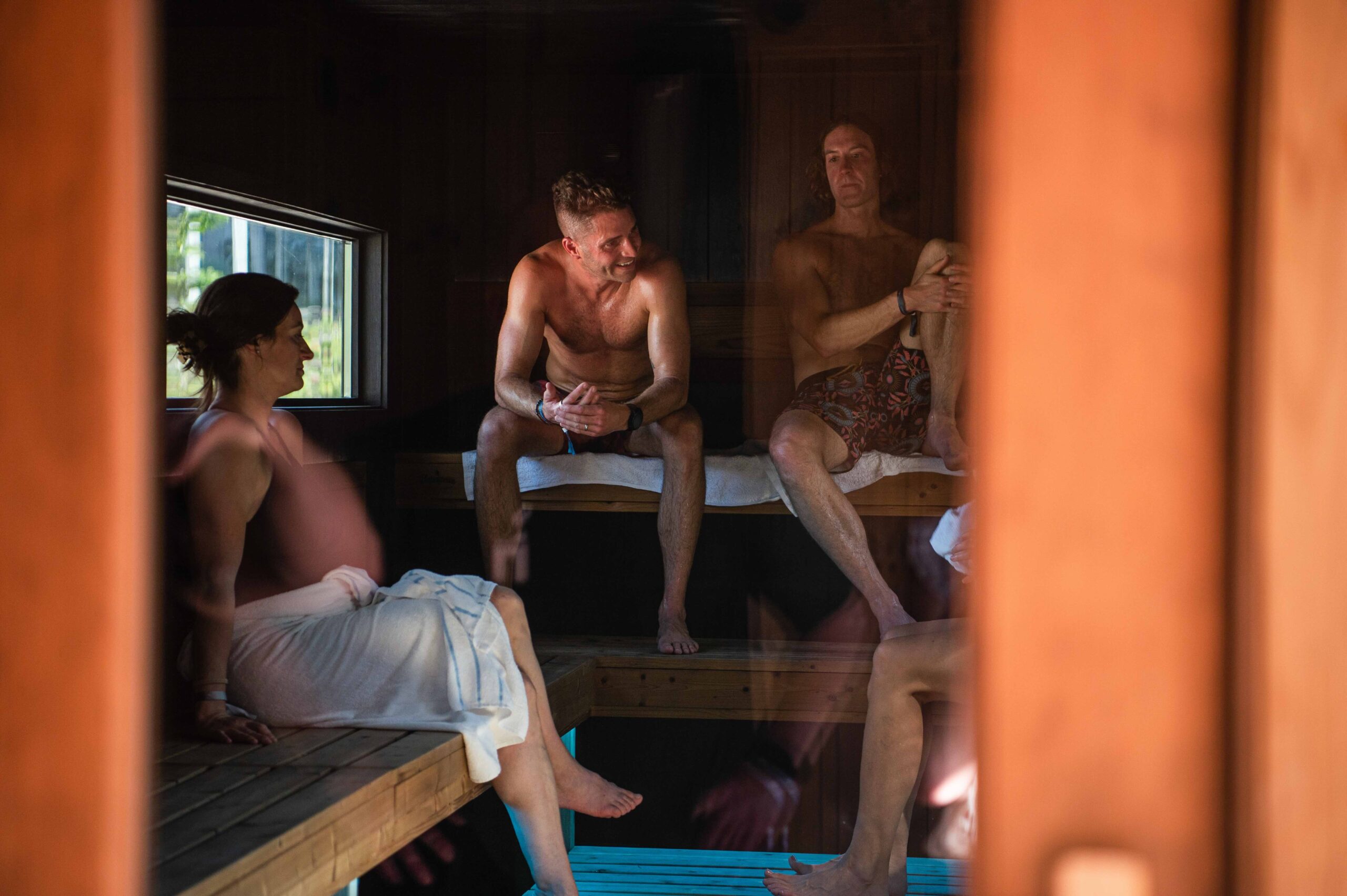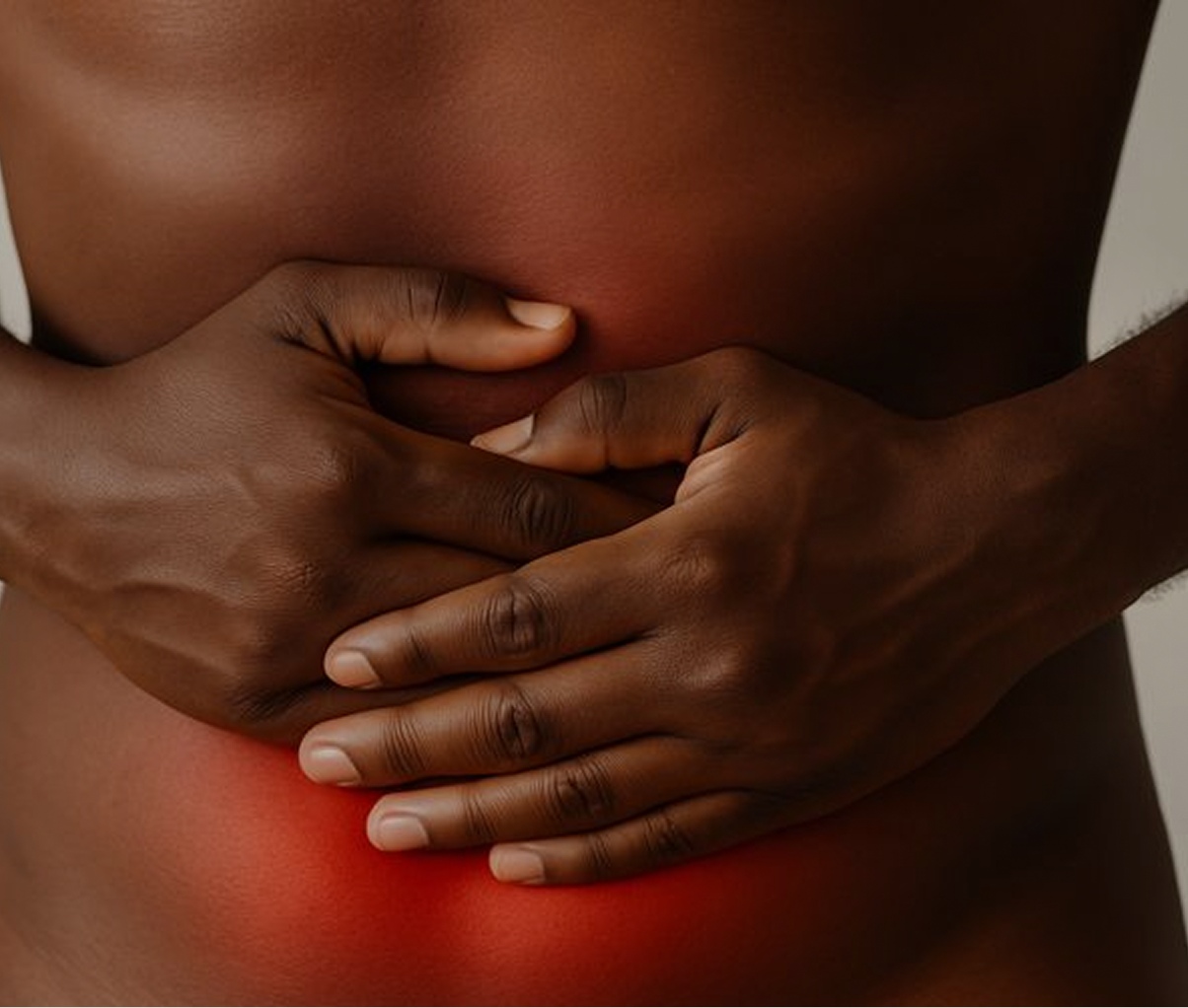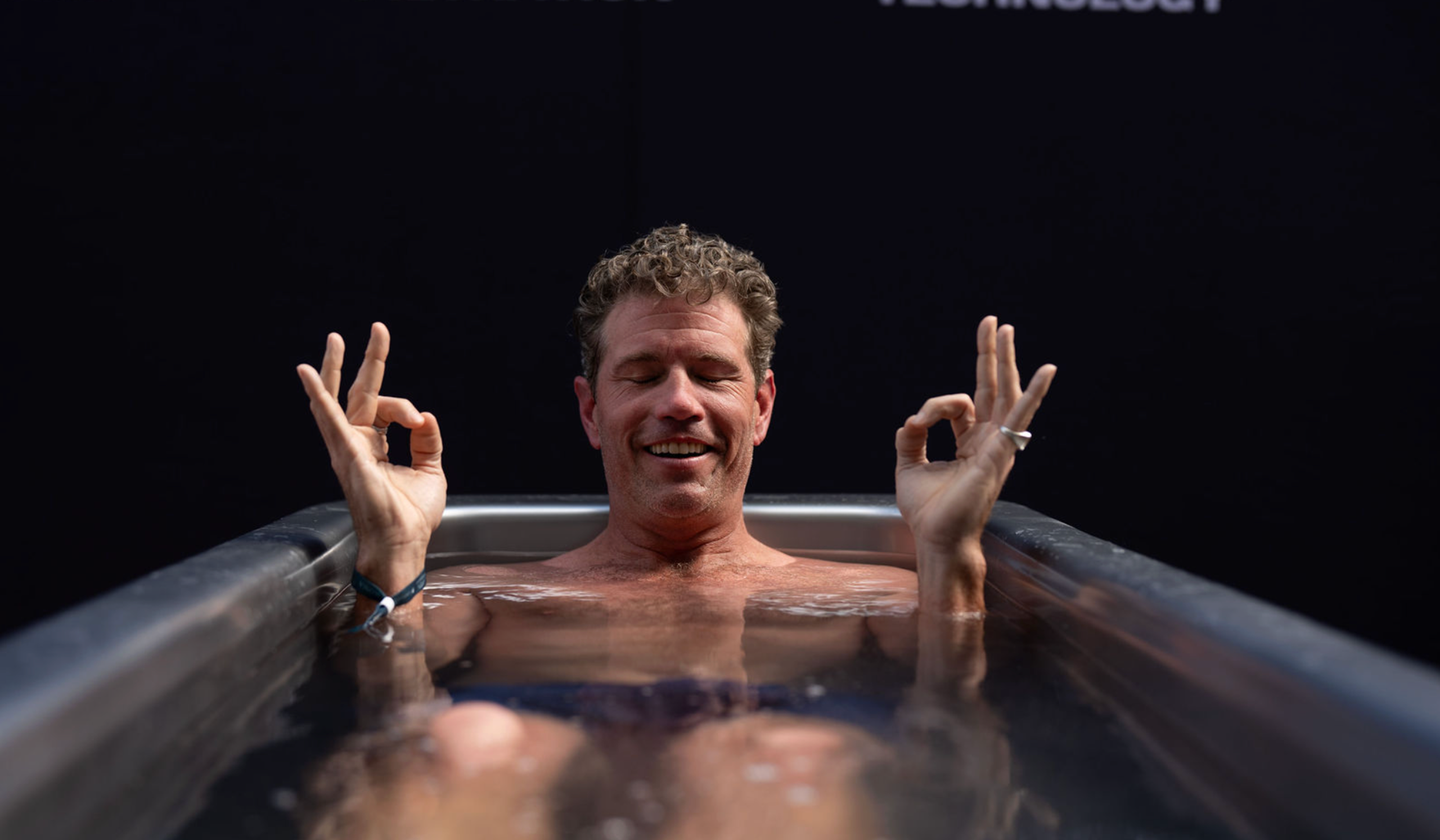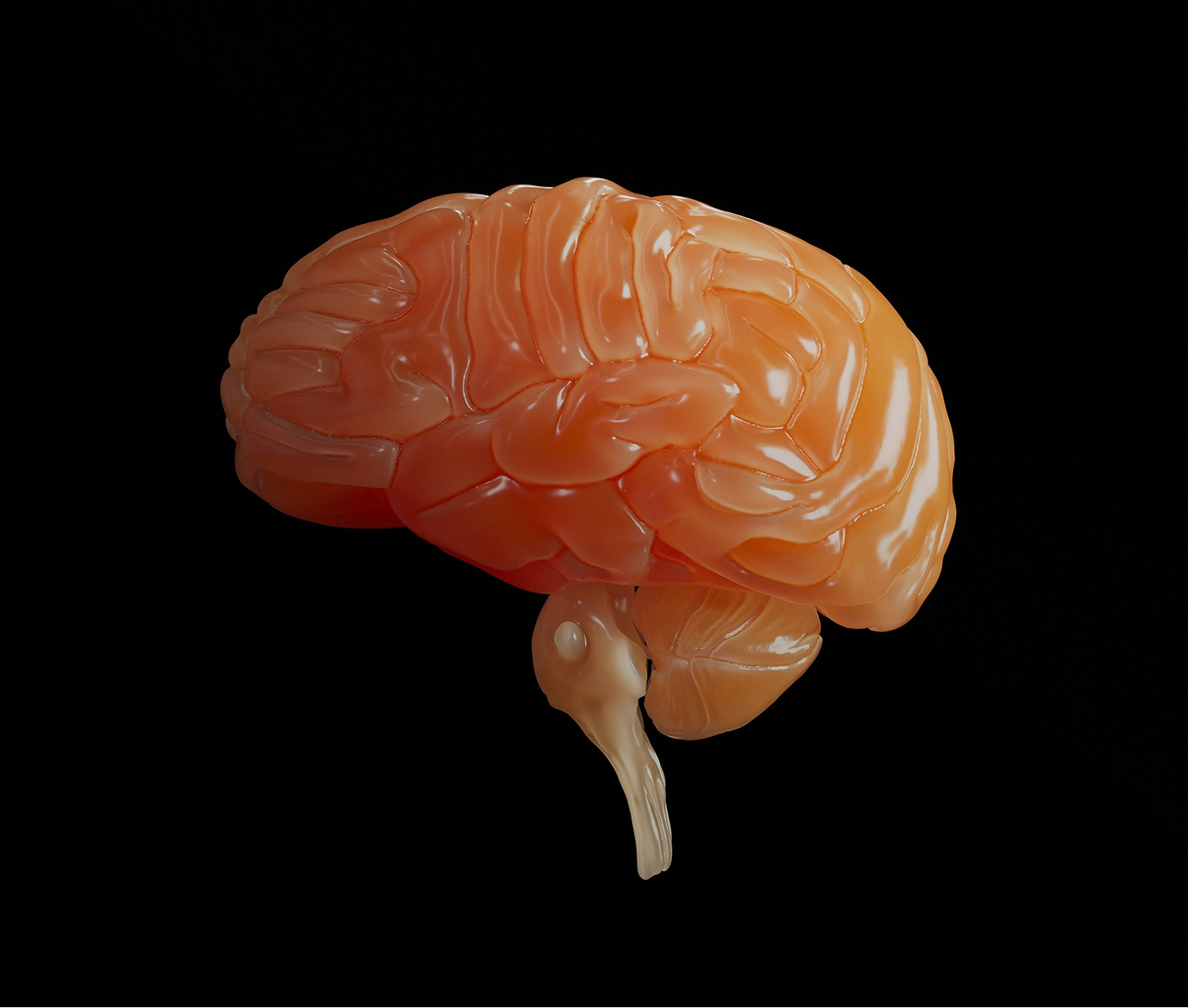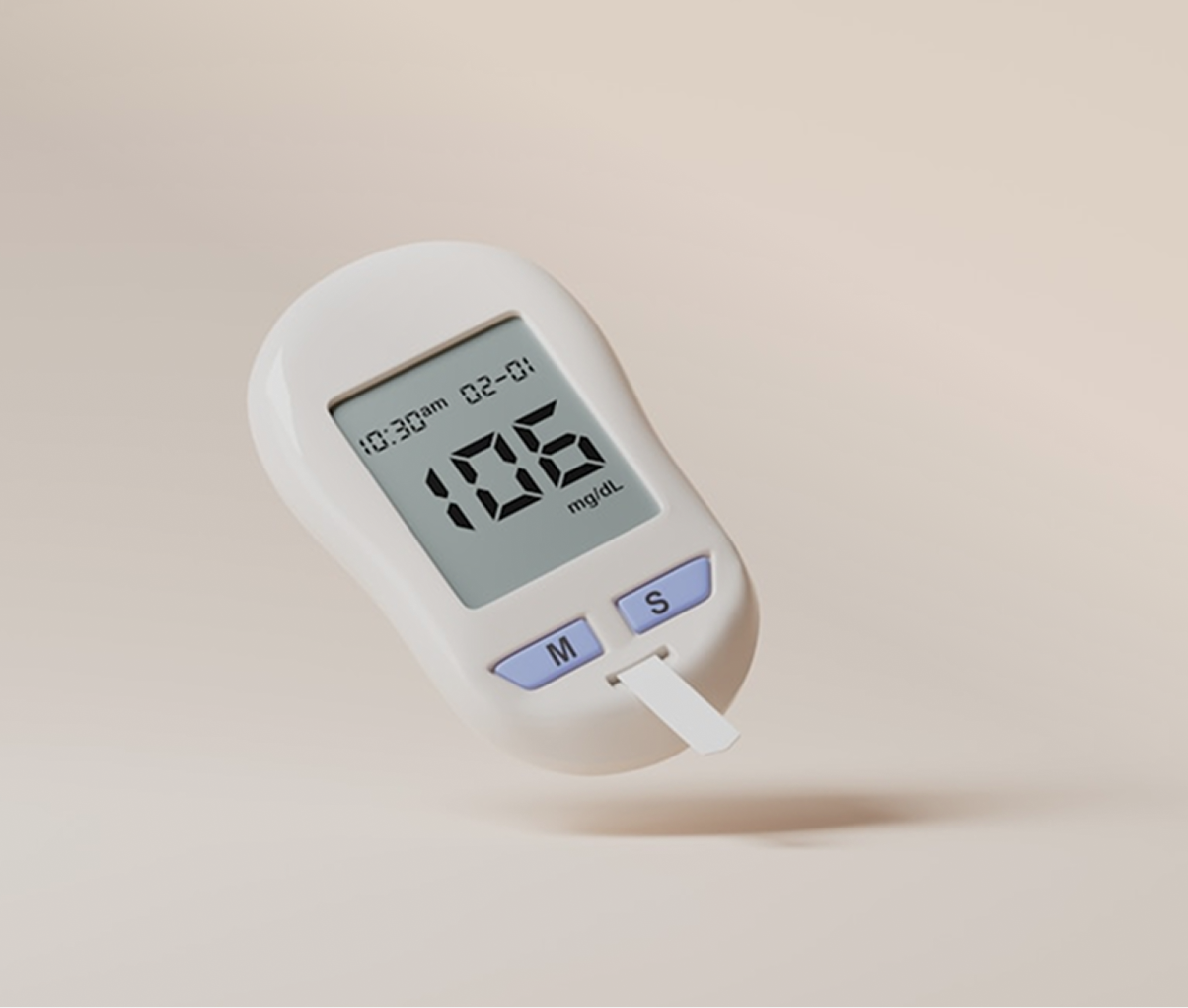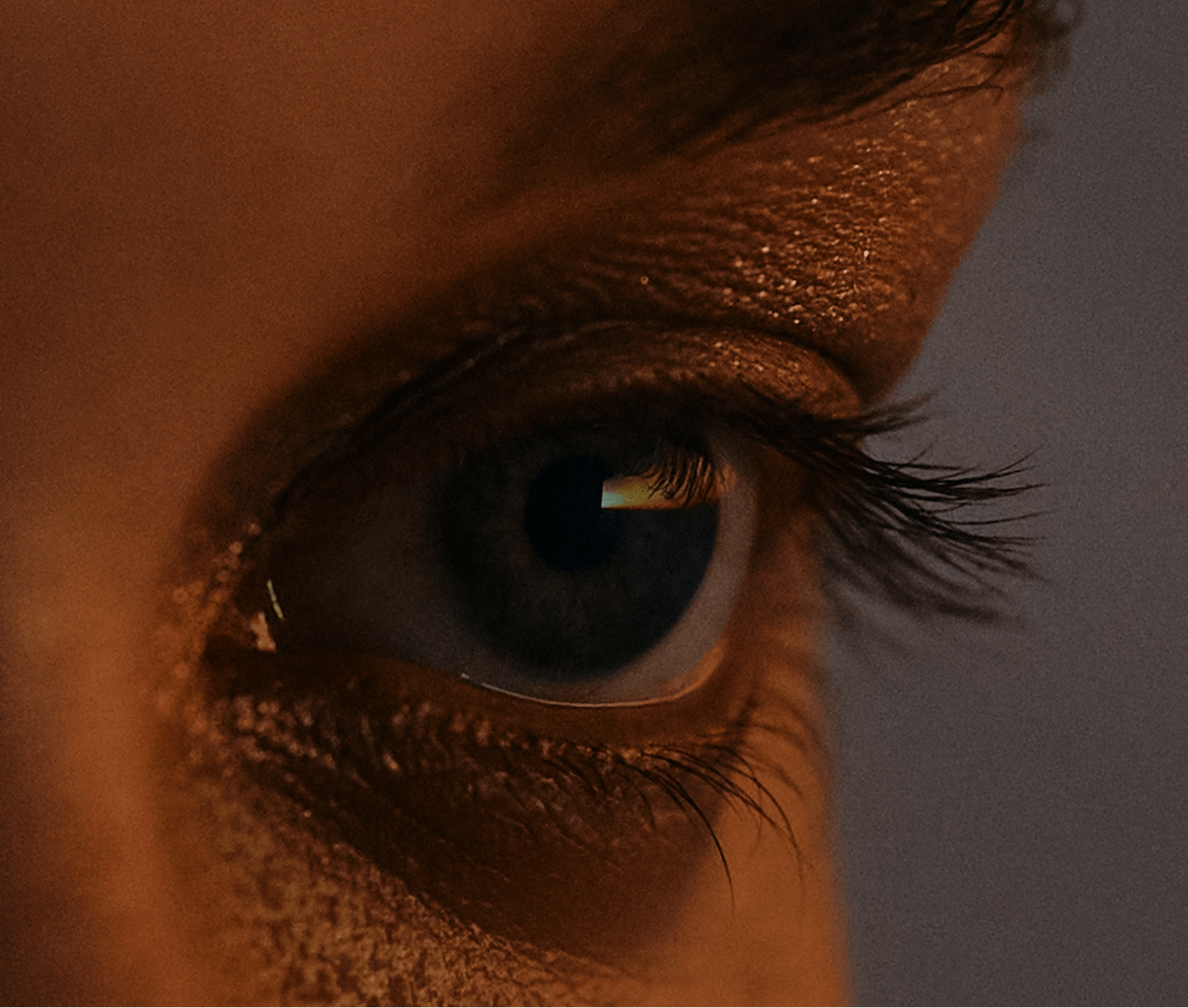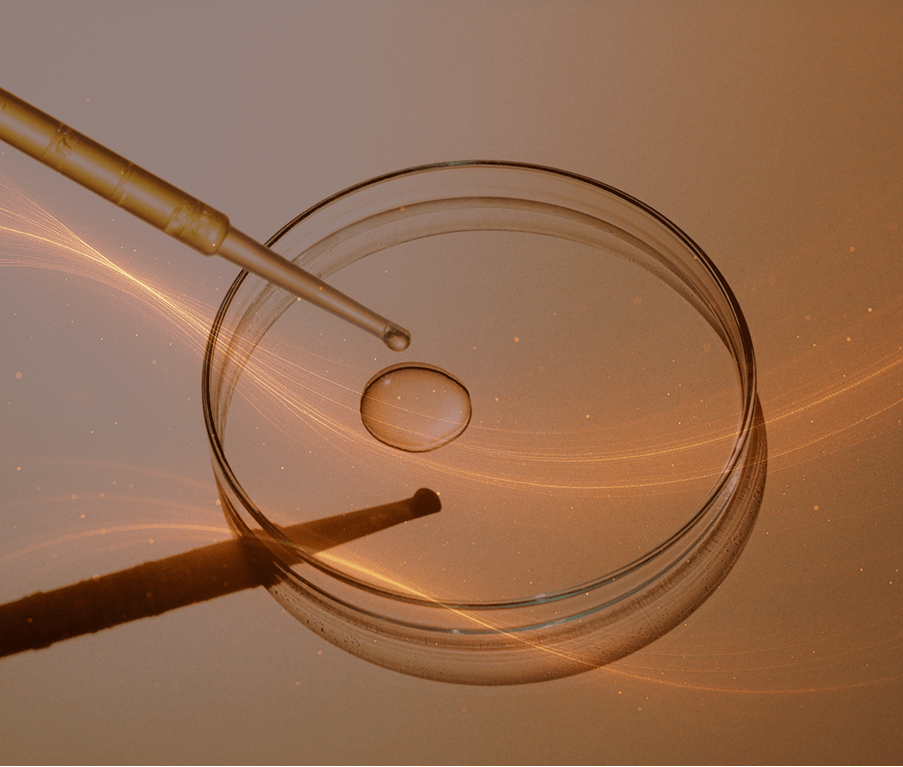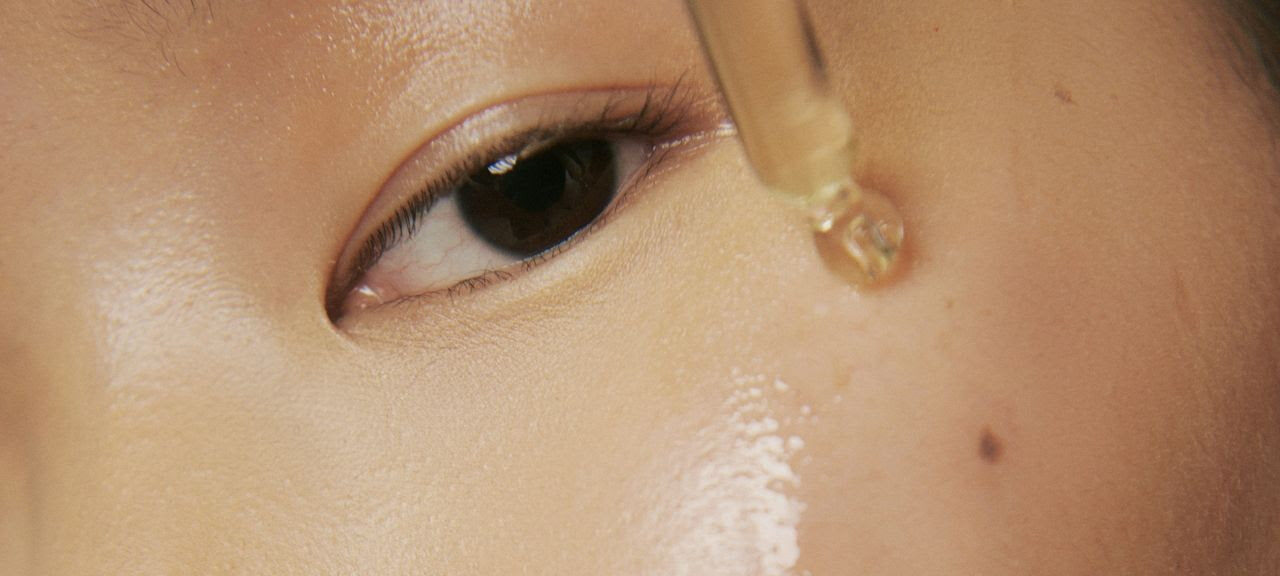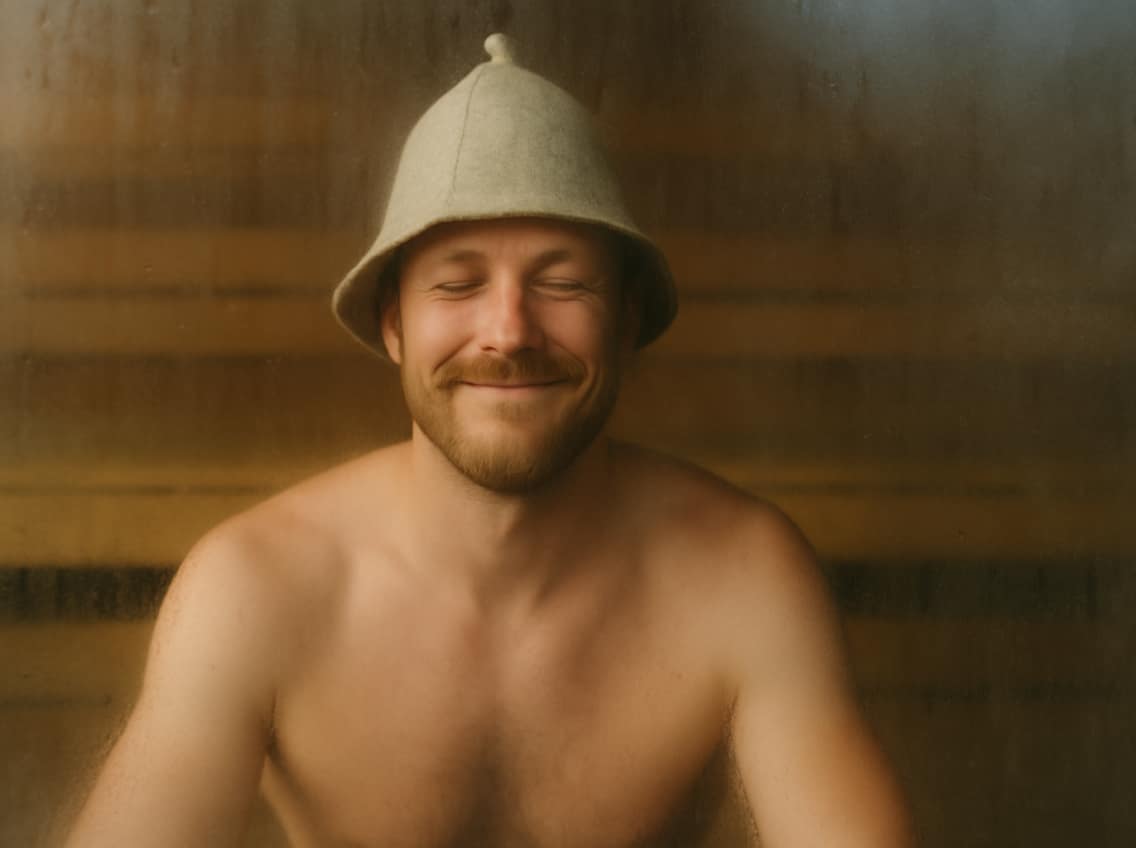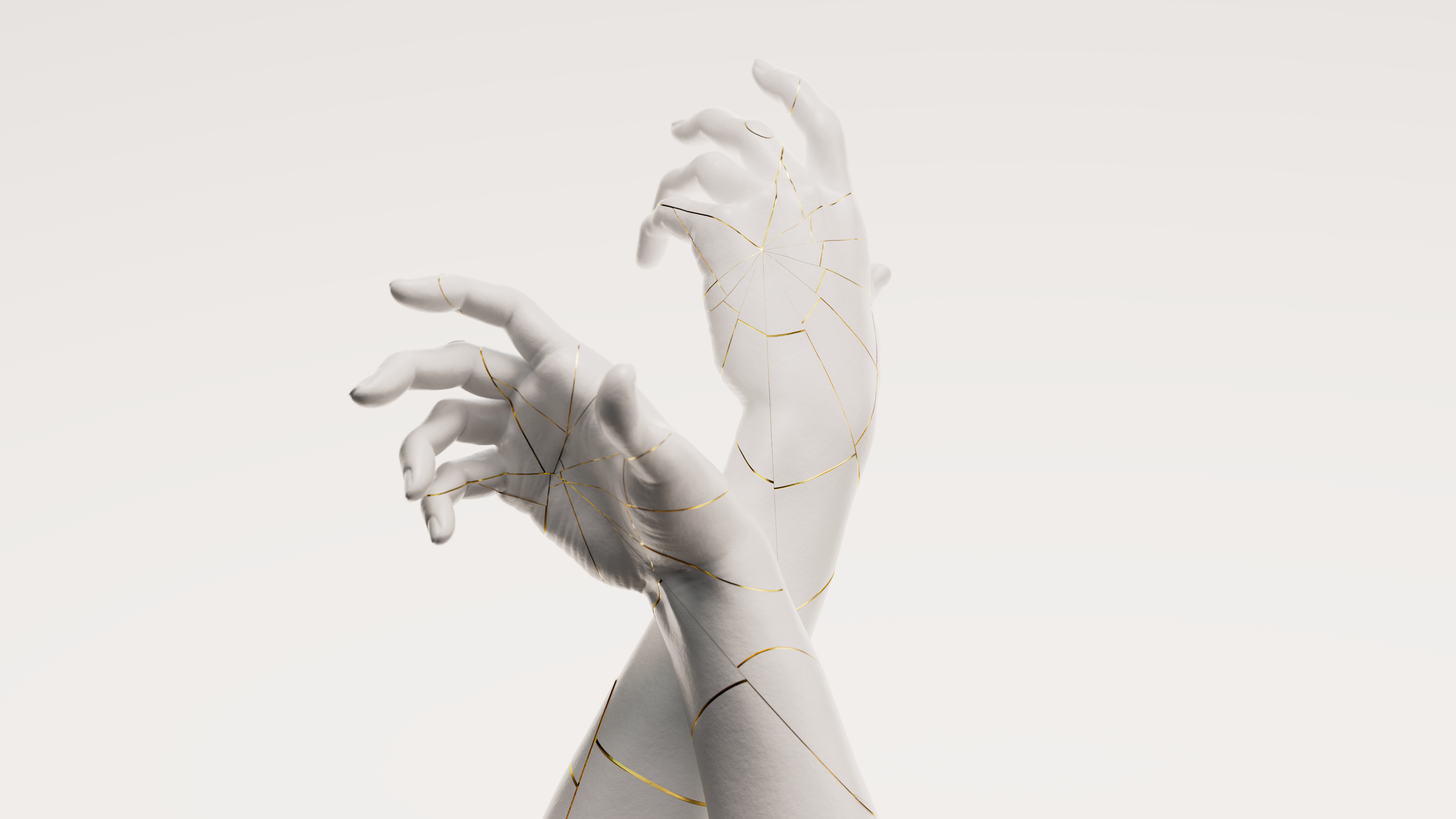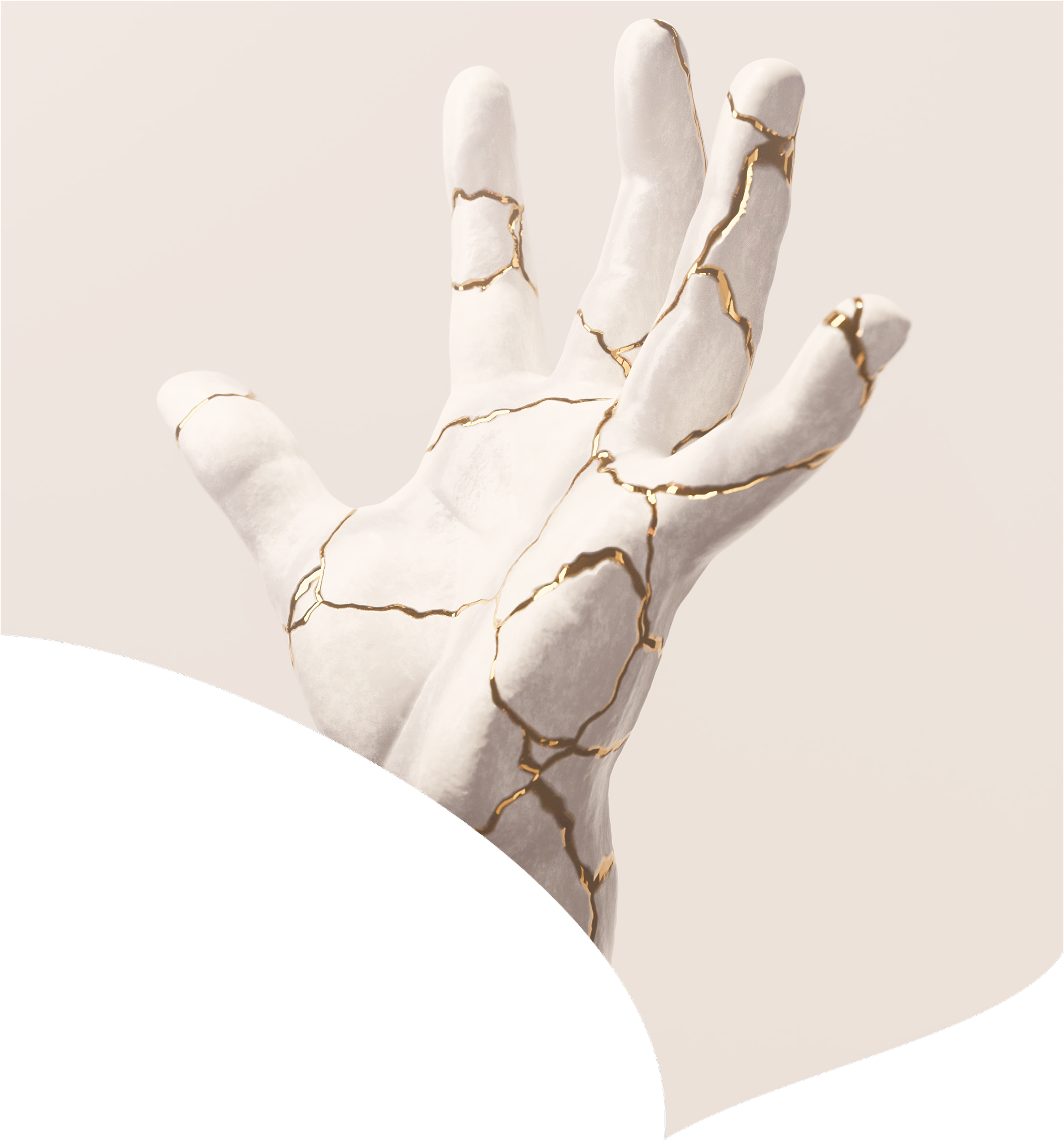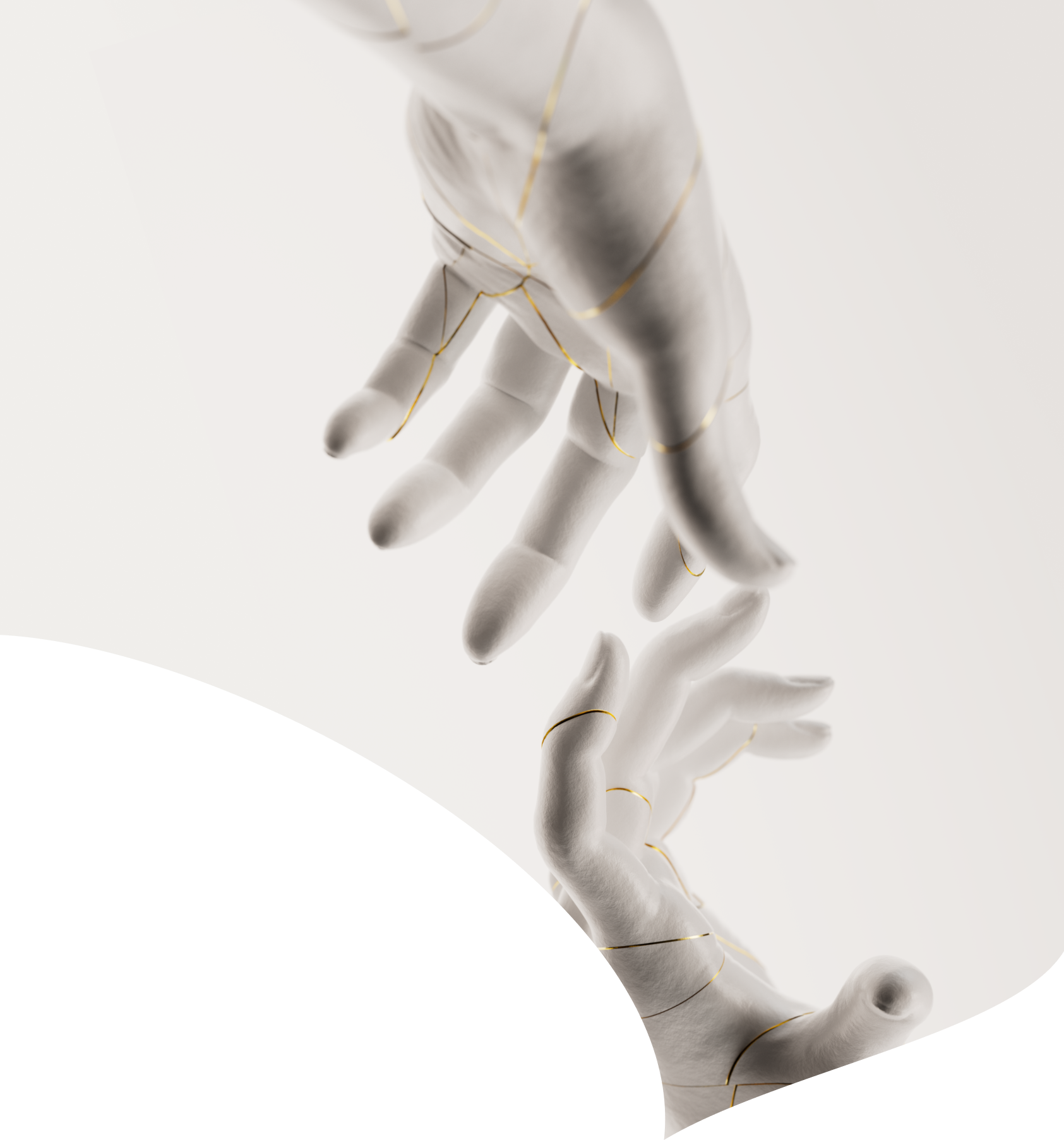
There’s one thing you (hopefully) do every day that’s the most transformative tool in health and wellness. It isn’t a supplement, workout or meditation. It’s the most potent biological upgrade available to you every single day—your most dynamic recovery tool designed to recharge your brain, rebuild your body, and optimize your health from the inside out.
SLEEP.
Sleep is fascinating. Did you know it does all of this?
- Removes dangerous toxins from your brain
- Reboots and charges your immune system
- Cleans and repairs your cells
- Balances your hormones
- Organizes your memories
- Improves cognition and performance
Poor sleep is linked to a myriad of physical and mental health problems, from chronic illness and heart disease to anxiety and depression. Sleep and mental health have a bidirectional relationship: poor sleep can worsen mental health conditions, while anxiety and depression often disrupt sleep patterns.
The difference between the amount of sleep you need and what you get (called “sleep debt”) accumulates like credit card debt. You’ll eventually have to pay—and with interest. Even missing 1–2 hours per night creates a deficit so significant that it can take weeks to fully reverse the negative impacts. That’s why it’s crucial to take sleep seriously: of all the longevity practices and wellness strategies, high-quality sleep is the most impactful way to protect your health and wellbeing.
Yet for many, it remains elusive and irregular. Below we’ll explore:
- How sleep works
- Why it’s so important
- What the experts have to say
- Strategies to optimize your sleep
Before we dig into the strange magic about sleep, it’s important to note that there’s still a lot we don’t know. The relationship between sleep, consciousness and brain function remains a fascinating area of ongoing research. However, decades of scientific study have given us valuable insights into how sleep works and its crucial role in our health.
HOW SLEEP WORKS
When you fall asleep, your body enters into a highly organized sleep routine cycling between Non-Rapid Eye Movement (NREM) Sleep—which accounts for 75-80% of sleep—and Rapid Eye Movement (REM) Sleep.
NREM sleep has three stages.
N1: Light Sleep
Your body starts to relax and brain activity slows, entering the gateway to deeper sleep.
N2: Intermediate Sleep
Your heart rate slows and your brain activity changes, producing sleep spindles. These short bursts of rapid brain activity play a key role in long-term memory consolidation and blocking out external distractions.
N3: Deep Sleep
In the most restorative phase of sleep, muscles are repaired, growth hormones are released, and your immune system gets a serious boost. N3 is vital for clearing out waste, like a power wash for the brain.
The glymphatic system flushes out toxins and metabolic byproducts that build up during the day—compounds strongly associated with cognitive issues and neurodegenerative diseases like Alzheimer’s or dementia. Without sufficient deep sleep, this cleaning process is impaired, leading to a gradual accumulation of harmful substances over time.
REM sleep is where things get really interesting.
REM is the most mysterious phase of sleep and the interval when your brain is most active. This is when you dream, organize and file memories, process emotions, and strengthen creative connections.
During this phase, your eyes dart back and forth beneath your closed eyelids, while your body remains mostly paralyzed to prevent you from acting out your dreams.
Memory Consolidation and Learning
REM is critical for procedural and long-term memory (learning how to perform tasks) and emotional memory (sorting through the day’s experiences, deciding what to keep and what to discard). New neural connections are formed and strengthened during REM, making it essential for problem-solving, creativity, and neuroplasticity.
Emotional Processing
REM sleep helps process and “digest” emotions—especially negative ones like fear and anxiety—by reactivating emotional memories in a safe, dreamlike environment. This enables the brain to neutralize their intensity, making emotional challenges easier to handle.
Creativity and Problem-Solving
The chaotic, nonlinear nature of REM dreams fosters out-of-the-box thinking, helping the brain make novel connections. That’s why people often wake up with new ideas or solutions to problems they struggled with the day before.
REM sleep is yoga for the brain, ensuring it remains adaptable, flexible and pliable. Without a sufficient amount, you’ll have lower emotional resilience, impaired learning, weakened creativity and overall cognitive decline.
These cycles repeat every 90 minutes, getting shorter as the night progresses. Deep sleep dominates early on, while REM sleep lengthens toward the morning. This aligns with the body’s circadian rhythm, emphasizing physical restoration earlier in the night, and cognitive and memory consolidation later on.
So how much do you need? One to two hours of REM sleep and 1–3 hours of deep sleep per night is optimal.
How To Get The Sleep You’ve Always Dreamed Of
The pattern and quality of sleep (our “sleep architecture”) changes significantly throughout our lives.
- Newborns spend up to 17 hours sleeping in short bursts, with about 50% of their sleep time in REM, which is crucial for their rapidly developing brains.
- Children and teenagers need more sleep than adults (8–10 hours) and naturally tend toward later bedtimes due to shifts in their circadian rhythm during puberty.
- Adults settle into more stable patterns, but women's sleep needs often fluctuate with hormonal changes during menstruation, pregnancy and menopause.
The scientific consensus is that, regardless of gender, most adults need 7–9 hours of sleep per night. As we age, sleep becomes lighter and more fragmented, with less time spent in deep sleep stages. This is why older adults might sleep the same number of hours but feel less rested, making sleep hygiene practices increasingly important.
There is evidence that some individuals may need less sleep. Some people have a genetic mutation (DEC2) that allows them to function normally on just 4-6 hours of sleep. However, these cases are rare.
Regardless of your age and gender, it’s clear that the quality and efficiency of your sleep is paramount. That’s why we’re here to help you optimize sleep to the best of your ability.

The 11 Sleep Optimization Strategies You Need
So what do the experts say?
At the first Eudēmonia Summit, we were joined by some of today’s foremost sleep experts: Dr. Michael Breus (The Sleep Doctor); longevity pioneer and sleep athlete Bryan Johnson; sleep coach Jack Dell’Accio; and popular neuroscientist and podcaster Andrew Huberman.
Like anything worth doing, high-quality sleep requires a commitment to good habits. Below are some principles and strategies—researched and recommended by our experts—that are essential for improving sleep.
- Maintain a Consistent Sleep Schedule
All sleep experts emphasize the importance of maintaining regular bedtimes and wake times, even on weekends, to align with the body’s circadian rhythm. Pick a bedtime and stick to it. Bryan Johnson says, “Your bedtime is your most important appointment today, and everyday.” - Exercise Earlier in the Day
Exercise and sleep create an effective flywheel, as one boosts the other. Regular exercise primes your body for restful sleep, and quality sleep prepares your body for physical strain. A balance of strength training (which enhances deep sleep) and aerobic activity (which improves sleep latency and duration) is ideal. But no matter what you do, experts agree that you should finish workouts at least a few hours before bed to prevent overstimulation. Early workouts align more with our circadian rhythm. - Avoid Caffeine and Alcohol
Avoid caffeine and any other stimulant for at least 6–8 hours (more if you can) before bed. Though some people metabolize caffeine faster than others, see if it has an impact on your sleep by experimenting with your timing. Limit or eliminate alcohol in the evening, as it disrupts the sleep cycle. Though alcohol may help you fall asleep, it damages your sleep quality.
- Stay Aware of When You’re Eating
Avoid eating close to bedtime. Restricting food and drink intake in the hours before sleep minimizes digestion-related disruptions and prioritizes a lower resting heart rate and internal body temperature. Bryan Johnson finishes his last meal 9–10 hours before bed. While that might not be feasible for everyone, experiment with eating your last meal as early as you can to test the impact on your sleep. - Limit Evening Blue Light Exposure
Blue light is naturally produced by the sun and artificially produced by screens on your TV, computer, and phone—and it is a maximum-strength sleep disrupter. Blue light signals the brain that it’s daytime, suppressing production of melatonin (the sleep hormone) and promoting wakefulness.Reduce exposure to artificial blue light from screens and overhead lighting for a couple of hours before bedtime to promote natural melatonin production. Avoiding screens altogether is best. But if you can’t, wear blue light-blocking glasses or use Night Shift (on MacOS) or similar functions on your screens to block blue light.
- Create a Pre-Sleep Routine
Engage in relaxing activities before bed to wind down and signal to the brain that it’s time to sleep. Examples include reading, meditation, or light stretching. Reading in bed has been proven to improve sleep. The key is to perform the same routine consistently. It should start 30–60 minutes before bedtime. But this is your routine, and whatever it is, it should be your personal version of calm and restorative. - Manage Bedtime Stress
Reduce stress levels before bed through mindfulness practices, such as meditation, breathwork, or calming rituals. This means avoiding those documentaries about serial killers and action-packed true crime podcasts that get your heart racing and your adrenaline pumping. - Keep a Cool Bedroom Temperature
While there is no proven ideal bedroom temperature for everyone, keeping a cool environment helps heat-related disturbances, like when our body temperature rises during REM sleep. Bryan Johnson recommends keeping your bedroom really cold—somewhere between 60–67°F—which aligns with the recommendation of Cleveland Clinic sleep psychologist Michelle Drerup, PsyD. Other studies suggest setting the thermostat between 67–70 degrees. Find the right temperature for you, choose breathable bedding, or use cooling devices like a cooling pad or temperature-controlled mattress.
- Optimize Your Sleep Environment
Creating a cool, dark, quiet sleep environment is a foundational recommendation. Use blackout curtains or a mask to block light. Consider white noise or earplugs to minimize sound. And if you can, invest in a great mattress and pillows. Pillows make a big difference. Make sure that your bedroom is cozy, inviting, and comfortable. - Track Your Sleep
What gets measured, gets managed. Tracking sleep patterns using tools like WHOOP, Oura Ring, or other methods is recommended to assess and improve sleep quality over time, and to aid in dialing in your sleep protocols. These tools can show you your sleep needs, duration, wake events, amount of light, deep and REM sleep, respiratory rates, and more.
- View Morning Sunlight
Get outside within the first 15–30 minutes of waking. Andrew Huberman says, “Morning sunlight increases early-day cortisol release (the ideal time for elevated cortisol) and prepares the body for sleep later that night. Morning sunlight helps regulate your circadian clock—the body’s mechanism for anticipating when to wake up and go to sleep.” Even 5–10 minutes of sunlight (without sunglasses, a windshield, or window in front of your eyes) upon waking will help. But please, don’t look directly at the sun.
Natural Sleep Supplements
There are some natural supplements that can help promote healthy sleep, when used responsibly. Sleep supplements should be considered a helpful adjunct to the healthy sleep habits listed above, not a replacement for them. Always consult a doctor before taking supplements, as many have side effects and can interact with other medications you may be taking.
Melatonin
Melatonin is a hormone naturally produced by the pineal gland, a small endocrine gland in your brain that helps regulate your circadian rhythm. Rising melatonin levels signal your body to prepare for sleep. You typically start producing melatonin when darkness falls, with levels peaking in the middle of the night. However, modern life’s abundance of artificial light and irregular sleep schedules can disrupt this natural pattern. That’s where melatonin supplements come in.
They require careful consideration. There’s a lack of long-term research on usage, but too much melatonin can be harmful to your health and can have side effects, including:
- Severe daytime sleepiness that could be dangerous while driving or operating machinery
- Blood pressure changes
- Worsening of seizure disorders in some people
- Increased depression or anxiety symptoms in susceptible individuals
- Potential interactions with blood thinners that could increase bleeding risk
- Possible suppression of natural melatonin production
Magnesium
Magnesium plays a crucial role in your body's sleep processes. Think of it as a natural relaxant that helps calm your nervous system and prepare your body for rest. Your body uses magnesium for hundreds of biochemical reactions, but its role in sleep is particularly interesting.
Magnesium aids in regulating neurotransmitters—the chemical messengers that influence your sleep–wake cycles. It also helps maintain healthy levels of GABA (a neurotransmitter that promotes sleep) and helps relax your muscles.
But not all magnesium supplements are created equal. The type you choose matters significantly.
4 Types of Magnesium Supplements:
- Magnesium glycinate is often considered ideal for sleep because it's well-absorbed and less likely to cause digestive issues. Itcombines magnesium with glycine, an amino acid that itself may improve sleep quality.
- Magnesium citrate is another well-absorbed form, though it can have a mild laxative effect.
- Magnesium threonate is newer to the market and may be better at crossing the blood–brain barrier.
- Magnesium oxide is common in supplements but poorly absorbed, making it less effective for sleep support.
Most potential side effects are mild and digestive in nature, like an upset stomach or loose stools. But more serious risks exist for people with kidney problems or those taking certain medications. Muscle weakness, low blood pressure, and in severe cases, heart rhythm changes can be signs of too much magnesium.
If you're considering magnesium for sleep, start with these guidelines:
- Begin with a lower dose to see how your body responds
- Take it about an hour before bedtime
- Choose a well-absorbed form like magnesium glycinate
- Stay within recommended limits (typically 200-400mg of supplemental magnesium)
Valerian Root
This plant has been used for centuries as a natural remedy for sleep and anxiety. Physicians in ancient Greece and Rome prescribed it for insomnia. The sleep-promoting effects of valerian root appear to work through multiple mechanisms in the brain. It seems to increase GABA production and decrease its breakdown, leading to more GABA availability in the brain.
Research on valerian root presents a mixed but generally promising picture. Some studies show it can help reduce the time needed to fall asleep and improve sleep quality, while others show more modest effects. The most robust evidence suggests that valerian's benefits might build up over time, working better when taken consistently for a few weeks.
While valerian is generally considered safe for short-term use (typically in doses of 400–900mg), it can cause side effects that include:
- Morning drowsiness
- Vivid dreams
- Headaches
- Digestive upset
- Mild dizziness
More serious risks involve:
- Interaction with sedative medications
- Possible liver effects with long-term use
- Impaired driving if taken too close to morning
- Withdrawal effects if stopped suddenly after long-term use
L-Theanine
L-theanine is a unique amino acid primarily found in green tea leaves that acts as a natural relaxant. When combined with caffeine, as it naturally occurs in tea, L-theanine creates what researchers call “focused relaxation.” The jittery effects of caffeine are reduced while its benefits for attention and alertness are maintained.
L-theanine increases the production of GABA, our primary calming neurotransmitter, while also affecting dopamine and serotonin levels. It’s like a gentle dimmer switch for your brain.
Unlike traditional sleep aids, L-theanine doesn't force sleep or cause drowsiness. Instead, it helps create conditions conducive to sleep by:
- Reducing racing thoughts and mental chatter
- Lowering anxiety and stress responses
- Promoting alpha brain waves associated with relaxation
- Maintaining a state of “alert relaxation”
Research suggests effective doses range from 100–200mg to promote relaxation and support sleep. Some key points about dosing:
- Effects typically begin within 30–60 minutes
- Can be taken during the day for stress or at night for sleep
- Safe to take on an empty stomach
- Can be combined with other sleep supplements like magnesium
- L-theanine has an excellent safety profile
Sleep Tools
The recommendations below haven’t been widely researched, but they are popular and worth testing to see if they improve your sleep.
White Noise Machines
- These devices produce consistent background noise to mask disruptive sounds.
- They can improve sleep by blocking out sudden noises that might wake you, such as traffic or snoring.
- Choose a machine with a variety of sound options, like ocean waves or gentle rain, and keep the volume at a comfortable, non-intrusive level.
Weighted Blankets
- These heavy blankets are designed to apply gentle, even pressure across the body.
- Weighted blankets can reduce anxiety and promote relaxation through deep pressure stimulation, mimicking the calming sensation of a hug.
- Choose a blanket that is about 10% of your body weight for the best comfort and effectiveness.
Cooling Pads and Temperature-Controlled Mattresses
- These help regulate body temperature during sleep.
- A cool sleep environment promotes deeper sleep by aligning with the body’s natural drop in temperature at night.
- Keep your sleep space between 60–70°F and consider cooling devices if you struggle with overheating.
Aromatherapy
- The use of essential oils like lavender or chamomile can create a more calming atmosphere.
- Specific scents can reduce stress and signal to your brain that it’s time to wind down.
- Use a diffuser with a few drops of essential oil in your bedroom or spray your pillow with a lavender mist.
Final Thoughts
Our exploration of sleep science has proven how this vital reset shapes our health from cellular to emotional levels. While the biological mechanisms of sleep are universal, how we optimize our sleep is deeply personal.
Improving the quantity and quality of our sleep comes through consistency with the fundamentals. Build on these basics with practices that work for you, remembering that sleep debt compounds over time, while good sleep builds a reservoir of health.
Your needs will evolve, so stay curious, use sleep tracking thoughtfully, and let how you feel be your guide.
Remember: prioritizing sleep isn't self-indulgent. It’s self-preservation, paying dividends across every aspect of your life. Make your bedroom a sanctuary, your bedtime a ritual, and your sleep a priority. A cascade of good things will follow.
|
Disclaimer: This newsletter is provided for educational and informational purposes only and does not constitute providing medical advice or professional services. The information provided should not be used for diagnosing or treating a health problem or disease, and those seeking personal medical advice should consult with a licensed physician.
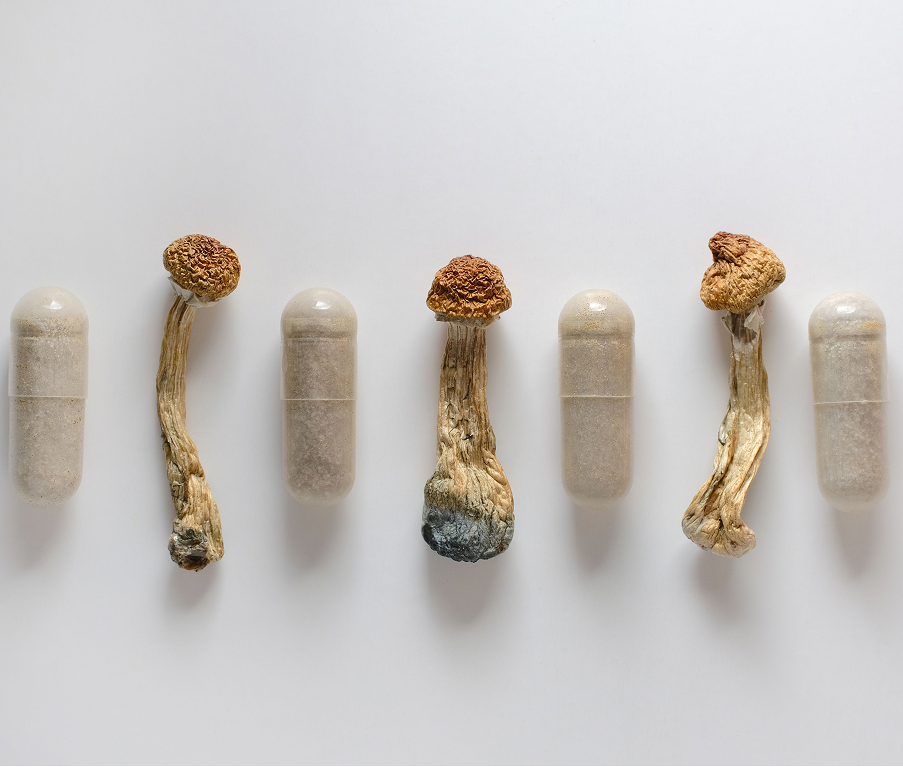
February 20, 2026
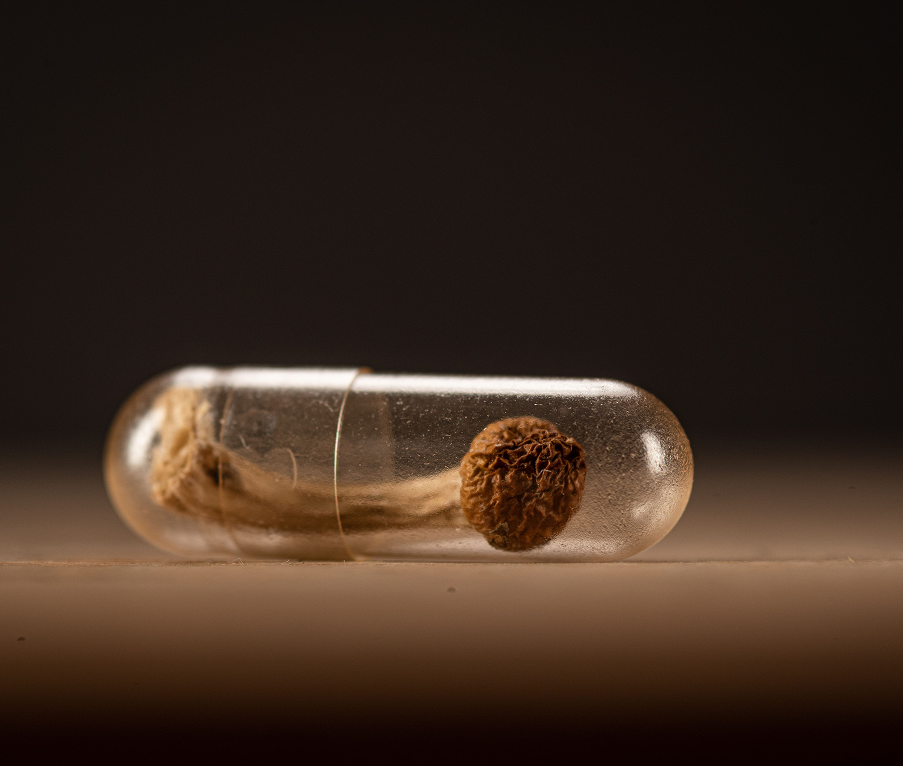
February 14, 2026
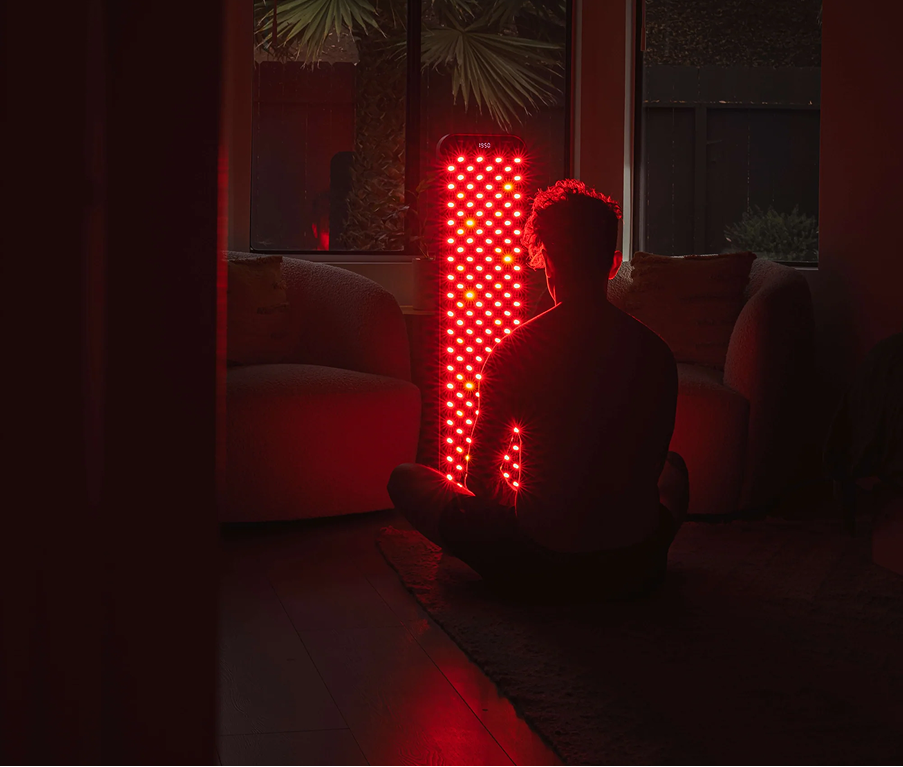
February 6, 2026

January 31, 2026

January 23, 2026

January 16, 2026

January 9, 2026
